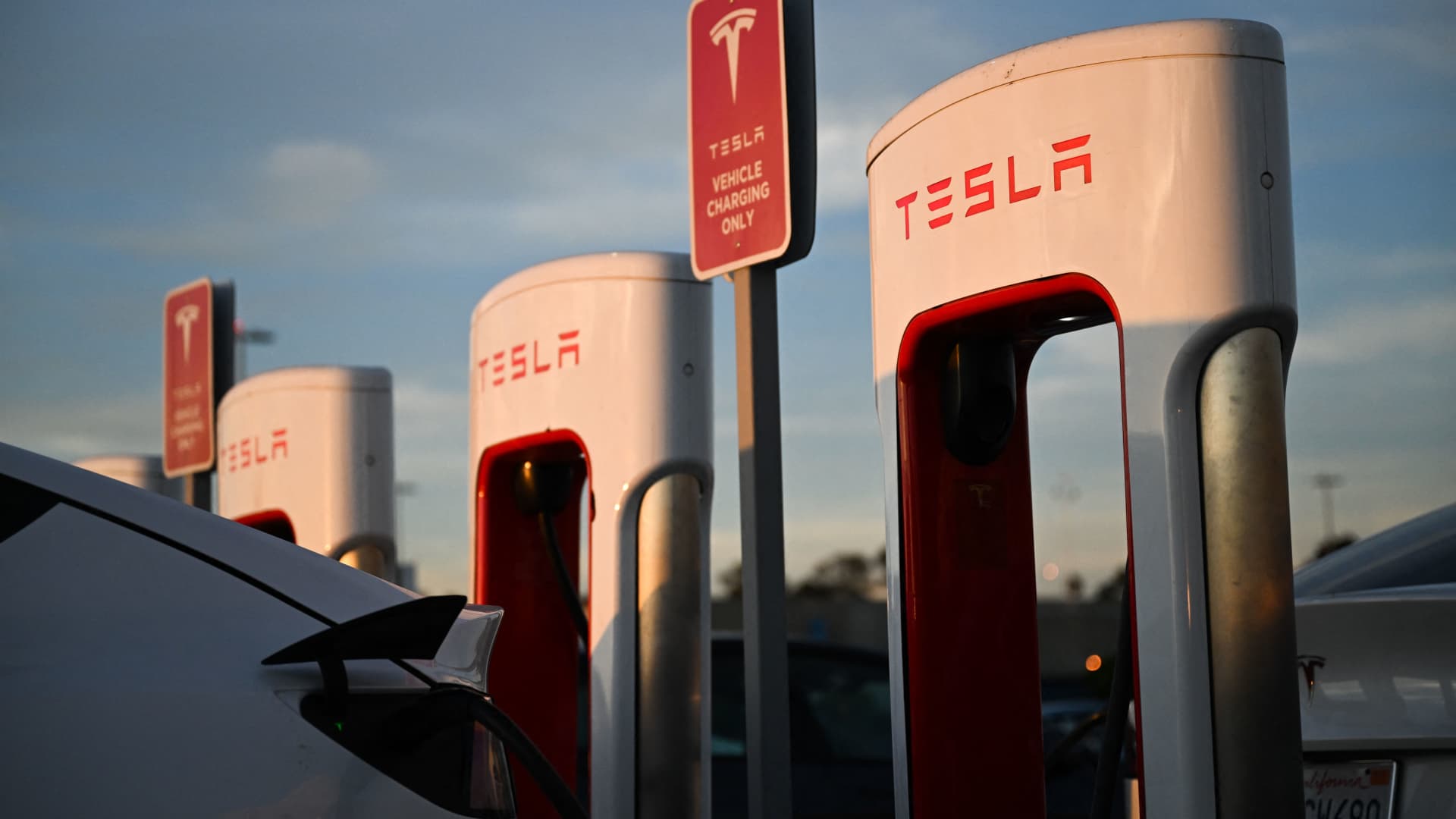Energy
Friday, June 21st, 2024 5:01 pm EDT
Key Points
- Virginia introduces protections against utility disconnections during extreme heat starting July 1, joining a limited number of states with such safeguards amid rising global temperatures and heat-related challenges.
- State Senator Lashrecse Aird champions the legislation based on personal experience of utility cutoffs and emphasizes the urgency of climate change adaptation, calling for deliberate protective measures as temperatures soar.
- Despite welcome legislation, concerns persist that existing laws across states often fall short in fully preventing utility disconnections during extreme weather, highlighting disparities and the need for more comprehensive protections nationwide.
In Virginia, a new law effective from July 1 aims to protect residents from utility disconnections during periods of extreme heat, following decades-long protections already established for cold weather. Spearheaded by State Senator Lashrecse Aird, who drew from personal experience of utility disconnection in her youth, the legislation mandates that utilities cannot disconnect service when temperatures exceed 92 degrees Fahrenheit. Additionally, disconnections are barred on Fridays, holidays, or the day before a holiday, to prevent prolonged periods without power when customer service offices are closed. These measures were crucially included due to observed utility practices that disadvantaged customers during vulnerable times.
David Konisky from the Energy Justice Lab highlights a national disparity in such protections, with many states lacking adequate safeguards against disconnections, particularly during heatwaves exacerbated by climate change. The lab’s “Disconnect Dashboard” underscores the critical need for broader legislation to shield vulnerable populations from utility shutoffs, which disproportionately affect low-income households and can lead to dire consequences during prolonged heat events. Despite Virginia’s legislative progress, Konisky asserts that current protections across states often fall short, necessitating more robust measures that do not burden customers with proving eligibility for exemptions like medical need.
Brandi Tuck of Path Home in Oregon echoes concerns over insufficient protections during heatwaves, noting that while her state has safeguards for cold weather, it lacks similar provisions for extreme heat. Tuck emphasizes the commodification of essential utilities amid climate shifts, highlighting the vulnerability of those facing utility disconnections, which can escalate to evictions and homelessness. She advocates for legislative interventions to ensure utilities prioritize customer welfare over profit, especially as climate conditions intensify.
Utilities like Dominion Energy assert that disconnections are a last resort and offer various assistance programs to help customers manage bills, including budget billing and payment plans. Despite assurances from utilities, advocates like Aird stress that legislation is essential not only to safeguard customers but also to prevent utilities from risking public health and safety. While Virginia’s new law represents a significant step forward, Aird acknowledges that it may require further refinement to fully ensure protection during extreme weather events, underscoring the ongoing need for comprehensive policies that prioritize public welfare in an increasingly volatile climate.
For the full original article on CNBC, please click here: https://www.cnbc.com/2024/06/21/heat-waves-make-residential-power-cutoff-matter-of-life-and-death.html




